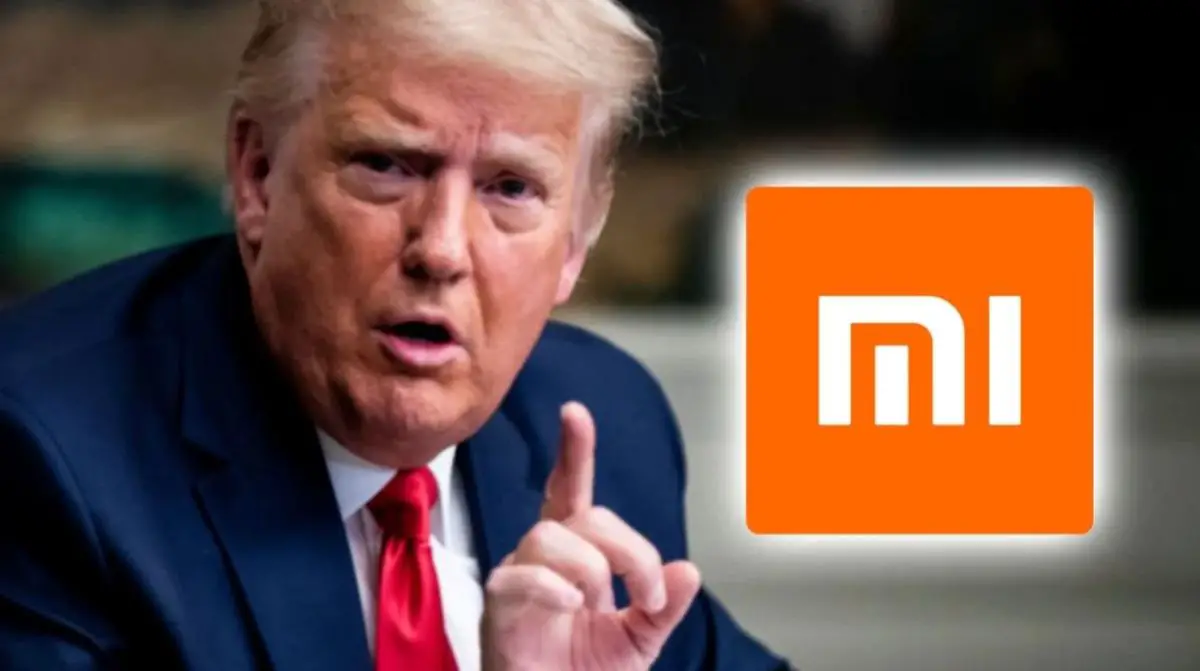According to the Wall Street Journal, the real reason for Trump’s blocking of Xiaomi was an award given to Lei Jun by MIIT in 2019.
The real reason for the US veto of Xiaomi is an award Lei Jun received
Earlier this year we learned that the United States had blocked Xiaomi, although this time not completely as in the case of Huawei, by including the Haidian giant in a secondary blacklist that includes companies that have links with the Chinese military and that, according to the US administration, could “potentially pose a threat to the United States”.
We all know however that there are numerous interests, mostly commercial and monetary, around these bans and vetoes enacted by the government of Donald Trump, and it does not seem that Xiaomi has been an exception at least if we pay attention to the reports of the Wall Street Journal itself, which picked up a few days ago the colleagues of GizmoChina reporting the possible “real” reasons for the inclusion of Xiaomi in the blacklist.
Not surprisingly, the giant-headed by Lei Jun had been trying to fill the void caused by Huawei in international markets, growing in both media interest and sales at a record pace around the world, and surely worrying the US government about its assault on its local market as well.

Thus, a move like the one the Trump administration had enacted against Huawei and ZTE was expected, and it did not take long for the Washington government to announce the blockade of Xiaomi under the accusation of being owned by the Chinese military or maintaining very close ties with the communist government and its armies.
Well, as we can read in the WSJ, it seems that the real reason for this “light” blocking of Xiaomi was that Lei Jun, CEO, and founder of the Haidian-based manufacturer, received an award in 2019 from the Chinese government’s MIIT, under the title of “Outstanding Builder of Socialism with Chinese Characteristics”.
This award was thanked by Lei Jun and Xiaomi, as well as highlighted in the CEO’s resume and detailed in the company’s annual report.
Perhaps it was that an award with that descriptor made Donald Trump and his government doubt Xiaomi’s intentions because the truth is that after the manufacturer’s inclusion in the blacklist, the Chinese company itself responded by issuing a public note in which it categorically stated that it had no links with the Chinese government, nor was it part of the Chinese military establishment.
They also confirmed that they had complied with all international legal protocols for the sale of their devices both inside and outside the United States and that there was no trickery in their business operations, so it was impossible for any government to discover any non-compliance in their internal processes.
Likewise, they announced the study of legal measures to seek redress for this grievance and the removal of its name from this blacklist, although the only palpable thing since then is that Xiaomi’s shares, which had risen like wildfire, have fallen since last January by 25% in its share price.
Whether or not this award received by Lei Jun is the only reason, the truth is that Xiaomi has already filed its lawsuits in court, and it only remains to settle the legal battle that will surely be long and quite hard. We will have to see how much information the US Department of Defense is willing to present to the judges!





